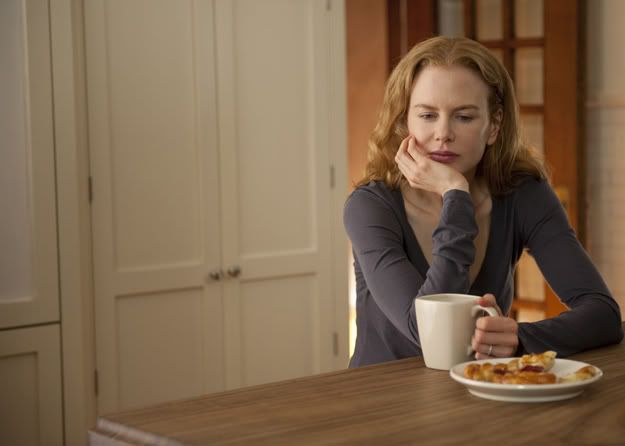HOME
This is the blog of Ian Rosales Casocot. Filipino writer. Sometime academic. Former backpacker. Twink bait. Hamster lover.
Interested in What I Create?
Bibliography

The Great Little Hunter
Pinspired Philippines, 2022

The Boy The Girl
The Rat The Rabbit
and the Last Magic Days
Chapbook, 2018

Republic of Carnage:
Three Horror Stories
For the Way We Live Now
Chapbook, 2018

Bamboo Girls:
Stories and Poems
From a Forgotten Life
Ateneo de Naga University Press, 2018

Don't Tell Anyone:
Literary Smut
With Shakira Andrea Sison
Pride Press / Anvil Publishing, 2017

Cupful of Anger,
Bottle Full of Smoke:
The Stories of
Jose V. Montebon Jr.
Silliman Writers Series, 2017

First Sight of Snow
and Other Stories
Encounters Chapbook Series
Et Al Books, 2014

Celebration: An Anthology to Commemorate the 50th Anniversary of the Silliman University National Writers Workshop
Sands and Coral, 2011-2013
Silliman University, 2013

Handulantaw: Celebrating 50 Years of Culture and the Arts in Silliman
Tao Foundation and Silliman University Cultural Affairs Committee, 2013

Inday Goes About Her Day
Locsin Books, 2012

Beautiful Accidents: Stories
University of the Philippines Press, 2011

Heartbreak & Magic: Stories of Fantasy and Horror
Anvil, 2011

Old Movies and Other Stories
National Commission for Culture
and the Arts, 2006

FutureShock Prose: An Anthology of Young Writers and New Literatures
Sands and Coral, 2003
Nominated for Best Anthology
2004 National Book Awards
Follow the Spy
Recent Crumbs
Blogs I Read
© 2002-2021
IAN ROSALES CASOCOT
Sunday, December 26, 2010
 8:52 PM |
A Guide Through Pain
8:52 PM |
A Guide Through Pain

John Cameron Mitchell has never been one to shy away from the exploration of the rawness of our humanity. He steps into unbearable regions of ourselves with the rapt attention of a poet, and comes out of these explorations with precise, unflinching records of how we deal with all sorts of pain or loss. We see that in both
Hedwig and the Angry Inch [2001], his directorial debut about a bitter transgendered rock singer with a botched sex-change operation, and later in
Shortbus [2006], his controversial follow-up which is about a disparate group of New Yorkers grappling with sex, human connection, and sexuality, all done in splendidly pornographic details. But both films he did with an amazing command of cinematic poetry, and came off with such striking insights of what makes us human -- our frailty, our courage, our savagery, our hopefulness, our incomprehensible methods of coping with pain.
He carries over that poetic take of the rawness of what makes us tick in his splendid, perfectly-tuned adaptation of David Lindsay-Abaire's Tony-winning Broadway play. In
Rabbit Hole [2010], we follow Becka and Howie, a young couple dealing with grief, eight months after the death of their young son who was ran over by a drunken teenager. I say "poetic" because Mr. Mitchell does not slap us with the story of their pain in an unwanted avalanche of hysteria. Instead, he pulls us slowly into their dilemma with quietly staged scenes that add and add to the tension as the minutes go by, without us reeling from the horror of it all. Instead, we become engaged in the pain. Mr. Mitchell makes it familiar, even when it seems ultimately unbearable -- and when Becka and Howie finally allow themselves to erupt, we welcome the outbursts as if they were our own. Note for example the scene when Becka rebukes her mother's attempt to comfort her with a talk about God. She retorts: "God is a sadistic prick. 'Worship me and I'll treat you like shit.' No wonder you like him, he's like Dad." A slap in the face, indeed -- but we understand it, we know where it is coming from. It helps that all this pain is being channeled by Aaron Eckhart and Nicole Kidman -- she in a bravura performance that may be the best of her career. It is a terrifying role that can go horribly wrong in less capable hands. But Ms. Kidman manages to make it her own and manages to make it so unflinchingly human that we come to identify well with her struggle, with her outbursts, with her strange ways of coping. Mr. Lindsay-Abaire, who also writes the screenplay, also gives Dianne Wiest's mother a startling and moving monologue about the loss of a child somewhere in the middle of the film -- and it feels and sounds true, the voice of a mother who has come to know that kind of pain, and has tamed it, if only a little. This is a film that must be watched.
Labels: film
[0] This is Where You Bite the Sandwich
GO TO OLDER POSTS
GO TO NEWER POSTS

















 8:52 PM |
A Guide Through Pain
8:52 PM |
A Guide Through Pain
